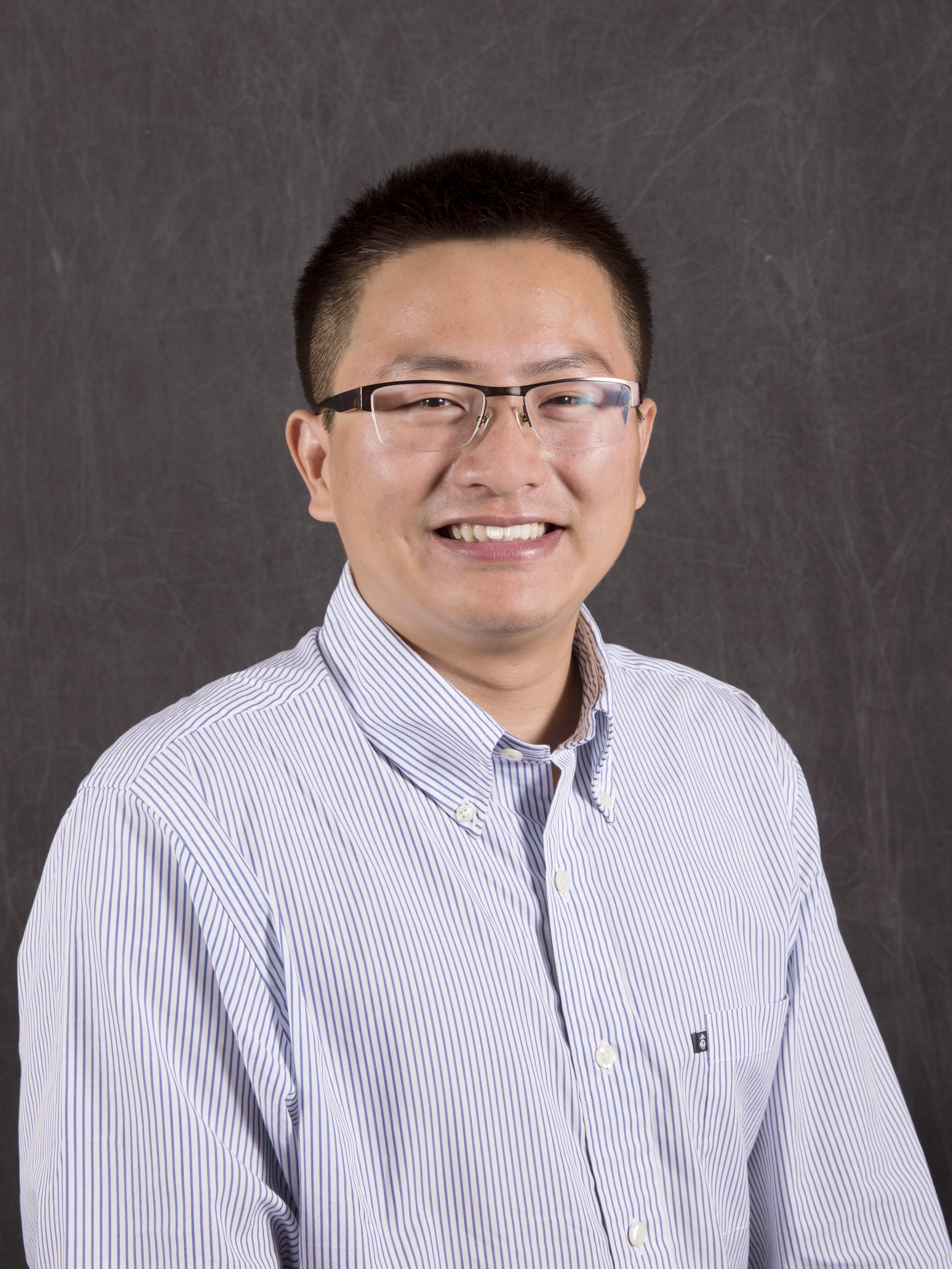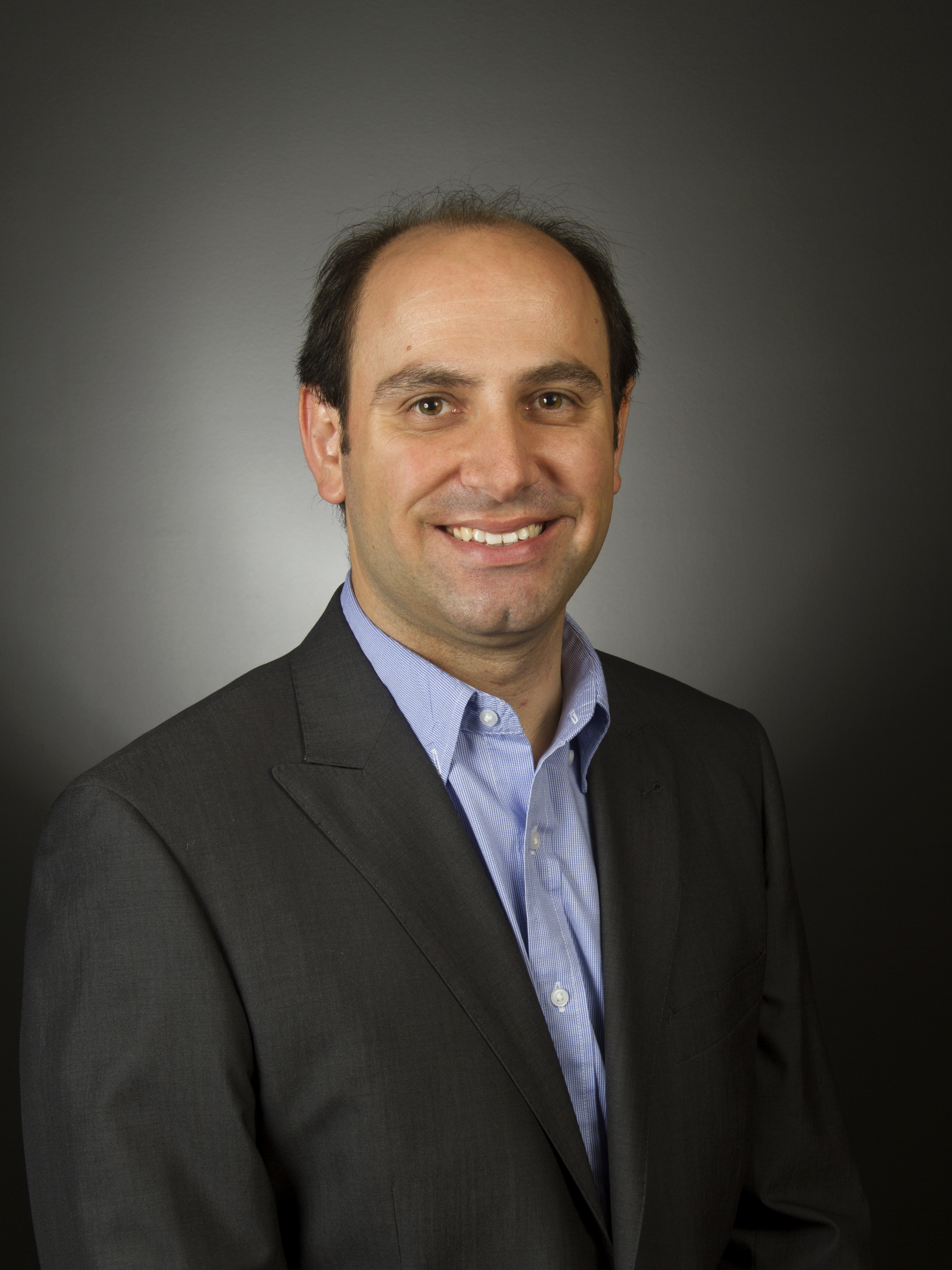Three Arizona State University faculty — microbiologist Jennifer Barrila (pictured above), optical electronics researcher Yuji Zhao and materials scientist Sefaattin Tongay — have been awarded the Presidential Early Career Award for Scientists and Engineers (PECASE). The awards were announced by President Donald Trump, and the more than 300 awardees where honored during a July 25 ceremony in Washington, D.C.
Yuji Zhao
PECASE awards are the highest honor bestowed by the U.S. government to outstanding young scientists and engineers who are beginning their independent research careers and who show exceptional promise for leadership in science and technology.
The three 2019 ASU PECASE winners are:
Jennifer Barrila, an assistant research professor in the Biodesign Center for Fundamental and Applied Microbiomics, was cited for her work in advancing the understanding of infectious disease with innovative space-based investigations. Her award is through NASA. Barrila’s work focuses on how changes in physical forces associated with microgravity, such as exposure to low fluid shearFluid shear in this context refers to the force of fluid that flows across cells. conditions, can alter the responses of both human and microbial cells to influence infection.
Sefaattin Tongay
Sefaattin Tongay, an assistant professor of materials science and engineering in the Fulton Schools of Engineering, was cited for his work on two-dimensional electronics materials systems. The Tongay research group plans to use the PECASE funding to expand their understanding of the optical, electrical, mechanical and magnetic properties of 2D materials with the goal of opening up new uses of the materials in a wide range of technologies.
Yuji Zhao, an assistant professor of electrical and computer engineering in the Fulton Schools of Engineering, was honored for his work in advancing the fundamental science of quantum photonics. Zhao plans to use his PECASE funding to advance a special computing chip called a photonic integrated circuit. These chips use photons of light to perform complicated tasks rather than electrons, which are used in conventional integrated circuits.
Established in 1996, the PECASE acknowledges the contributions scientists and engineers have made to the advancement of science, technology, education and mathematics education and to community service as demonstrated through scientific leadership, public education and community outreach.
Top photo: Jennifer Barrila, assistant research professor.
More Science and technology

Lucy's lasting legacy: Donald Johanson reflects on the discovery of a lifetime
Fifty years ago, in the dusty hills of Hadar, Ethiopia, a young paleoanthropologist, Donald Johanson, discovered what would become one of the most famous fossil skeletons of our lifetime — the 3.2…

ASU and Deca Technologies selected to lead $100M SHIELD USA project to strengthen U.S. semiconductor packaging capabilities
The National Institute of Standards and Technology — part of the U.S. Department of Commerce — announced today that it plans to award as much as $100 million to Arizona State University and Deca…

From food crops to cancer clinics: Lessons in extermination resistance
Just as crop-devouring insects evolve to resist pesticides, cancer cells can increase their lethality by developing resistance to treatment. In fact, most deaths from cancer are caused by the…


